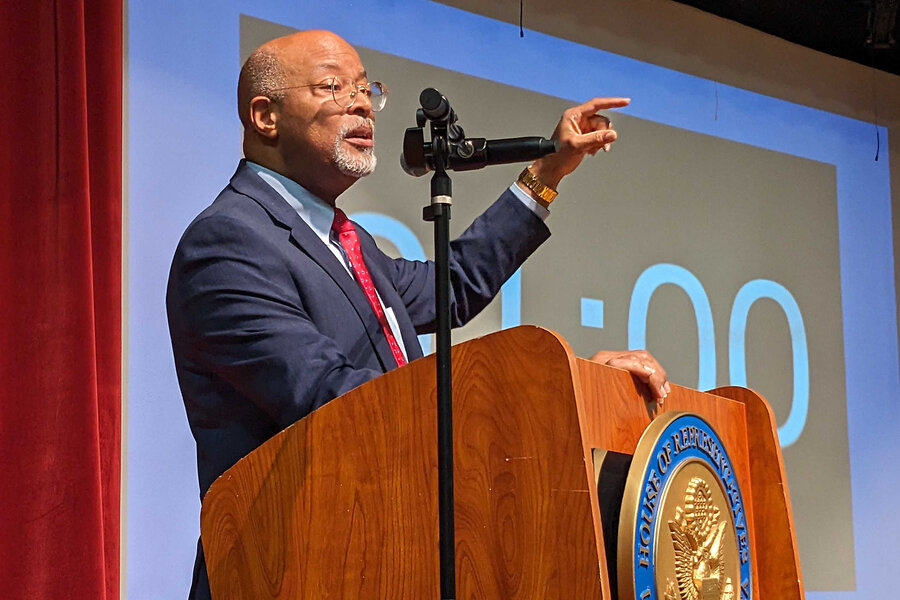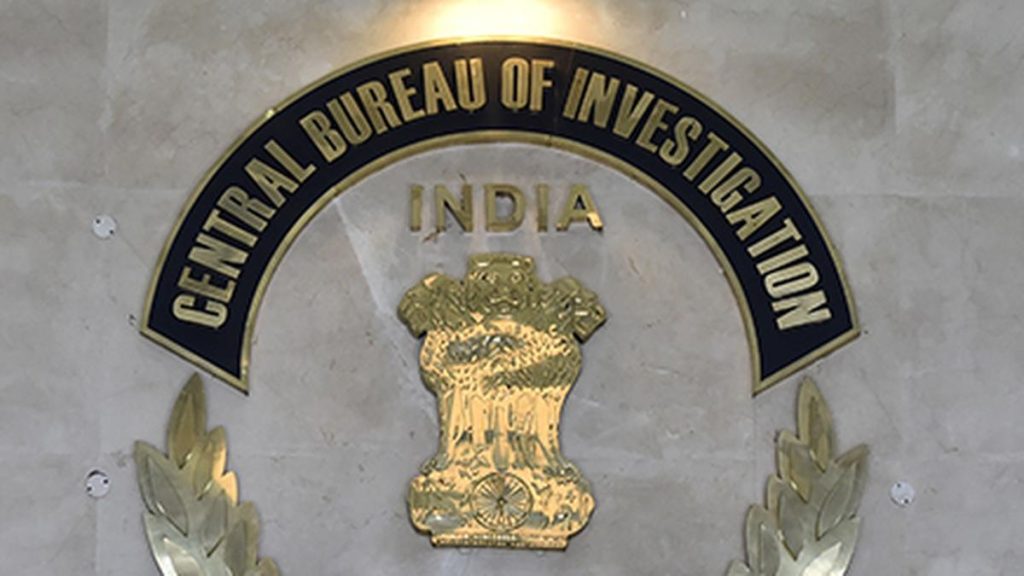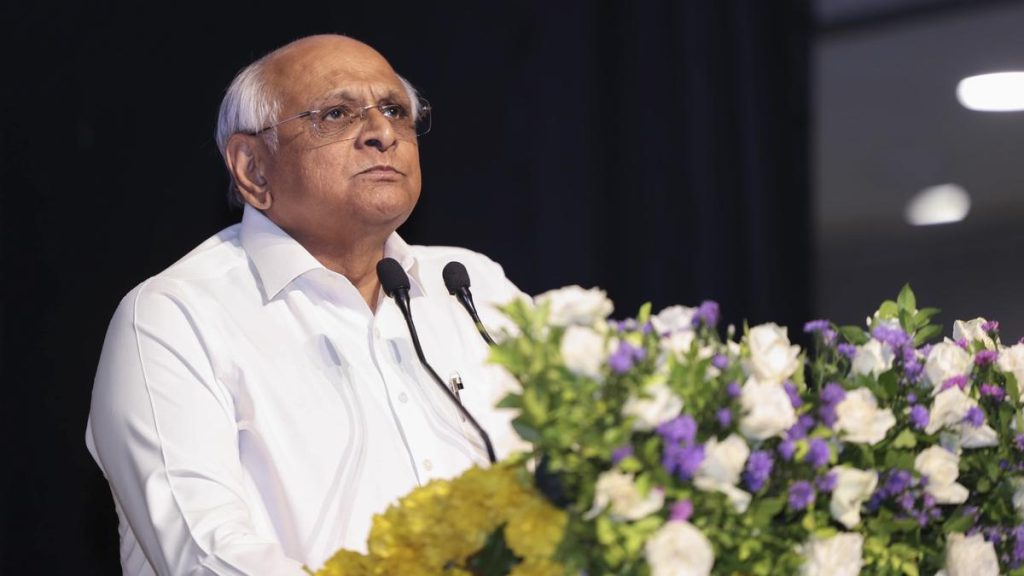Now Reading: Democratic Voters Express Frustration with Party Leaders
-
01
Democratic Voters Express Frustration with Party Leaders
Democratic Voters Express Frustration with Party Leaders

Rapid Summary
- Democratic Congressman Glenn Ivey faced tense questions at a town hall in Maryland, where constituents expressed frustration over the party’s response to President Trump.
- Ivey became the first congressional Democrat to publicly call for new Senate leadership, criticizing Minority Leader Chuck Schumer’s decision not to force a government shutdown as leverage against Republicans.
- Constituents feared layoffs and pension cuts due to Trump governance policies,as many federal workers reside in Ivey’s district.They voiced concerns over moving toward an authoritarian state and urged more aggressive resistance from Democrats.
- Comparisons were drawn between this political shift and the earlier tea party movement within the GOP that focused on primary challenges to establishment figures.
- progressive organizations like Run for Something report increased efforts from citizens wanting to challenge incumbent Democrats whom they view as insufficiently combative.
- senate Minority Leader Schumer explained his decision against forcing a shutdown by pointing out potential catastrophic impacts but faced criticism for failing politically during negotiations.
Indian Opinion Analysis
The dissatisfaction expressed by Democratic constituents highlights broader pressures within political systems when navigating opposition-led governance. Similar dynamics may emerge in India, where citizens frequently enough demand stronger pushback from leaders amid perceived threats or policy challenges. The urgency among Maryland voters reflects universal tensions-how leadership balances immediate impact versus long-term strategy during pivotal moments. In India’s context, lessons can be drawn about communication transparency between policymakers and their electorate.
Additionally, grassroots energy reminiscent of America’s tea party movement emphasizes how active civil engagement shapes party agendas globally-an area increasingly relevant given India’s evolving political landscape. This demonstrates that robust participation often shifts focus toward leadership accountability rather than ideological divides alone.




























